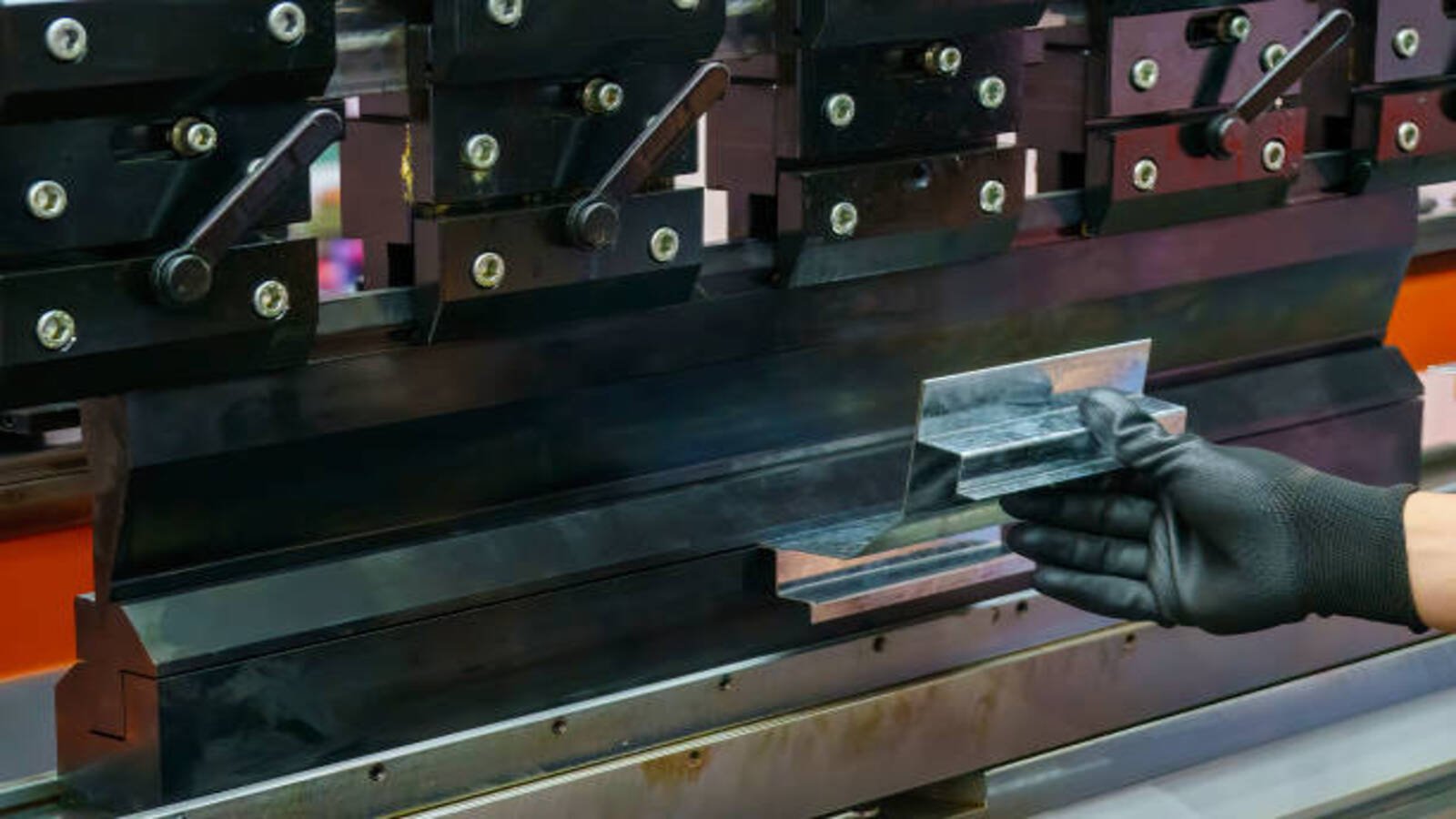Introduction
Efficient metal casting has revolutionized the industrial sector, providing manufacturers with cost-effective and time-saving solutions. In this article, we will discuss ten aspects of Efficient metal casting for industrial use, including its benefits, processes, and applications.
The Benefits of Efficient Metal Casting
Efficient metal casting can save manufacturers time and money. It allows for the production of complex shapes and designs that are difficult or impossible to achieve through other manufacturing processes. Additionally, efficient metal casting offers high accuracy and precision while minimizing material waste.
Understanding the Metal Casting Process
Metal casting is a manufacturing process where hot, molten metal is poured into a mold to create a specific shape. The metal is allowed to cool and solidify before being removed from the mold. The process involves several steps, including the creation of a pattern, the formation of the mold, and the casting of the metal.
Types of Metal Casting Processes
There are several types of metal casting processes, including sand casting, investment casting, and die casting. Each of these processes has its advantages and disadvantages, depending on the specific application.
Applications of Efficient Metal Casting
Efficient metal casting is used in a wide range of industries, from aviation and aerospace to automotive and construction. It can be used to manufacture everything from small parts and components to large-scale machinery and equipment.
The Role of Design in Efficient Metal Casting
Design plays a crucial role in efficient metal casting. The design must take into account factors such as the properties of the metal, the type of casting process used, and the desired shape and size of the finished product.
Materials Used in Efficient Metal Casting
A variety of metals can be used in efficient metal casting, including aluminum, steel, and copper alloys. The selection of the appropriate material depends on the specific application and the desired properties of the finished product.
The Importance of Quality Control in Metal Casting
Quality control is essential in metal casting to ensure that the finished product meets the required specifications and standards. Quality control measures can include dimensional inspection, non-destructive testing, and material analysis.
Trends in Efficient Metal Casting
The metal casting industry is constantly evolving, and new technologies and processes are being developed to improve efficiency and accuracy. Some current trends in the industry include the use of 3D printing and the development of new alloys and materials.
The Future of Efficient Metal Casting
The future of efficient metal casting looks bright, with continued advancements in technology and an increasing demand for complex and customized products. As the industry evolves, manufacturers will need to stay up-to-date with the latest developments to remain competitive.

